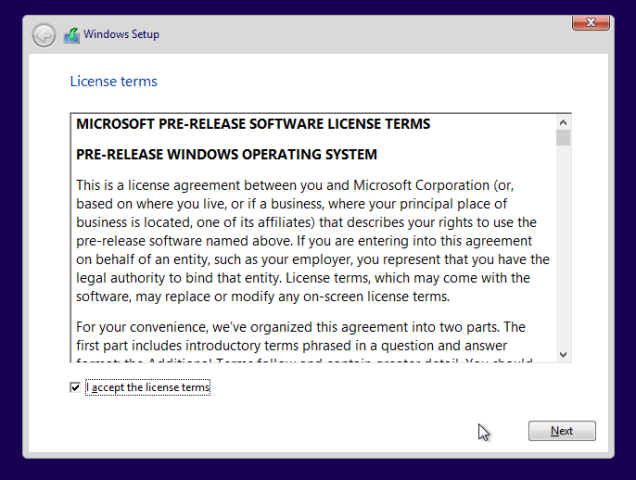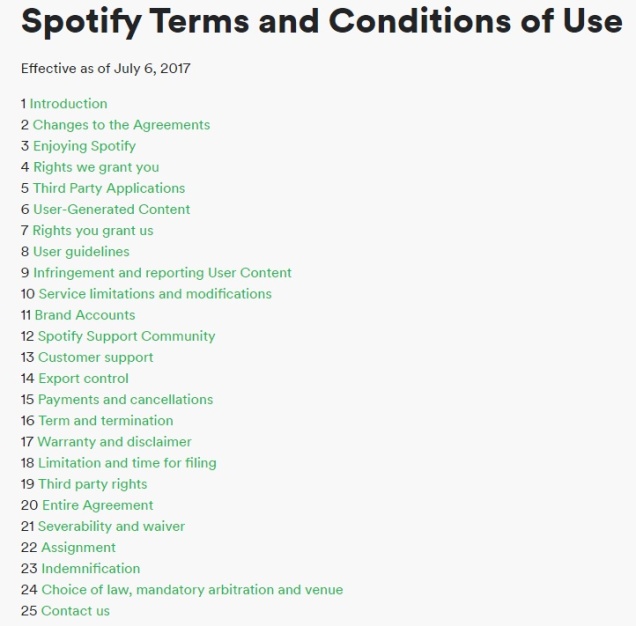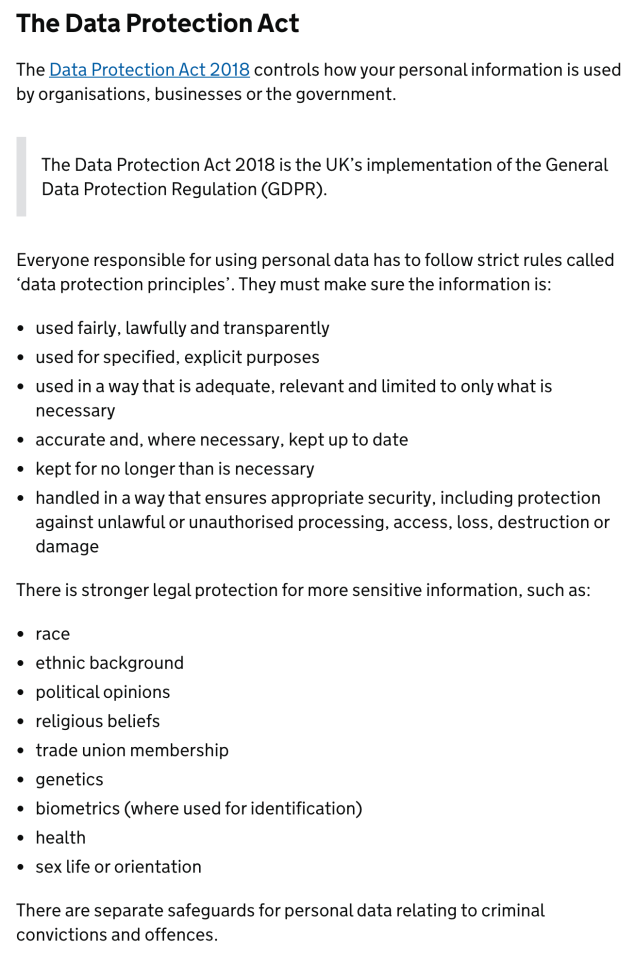Terms of Service
Terms of service, also known as “terms and conditions”, or just “T&C”, are a set of legally binding rules that the website and or app requires its users to abide by. Users are often required to agree to these terms and conditions before they can use a service. Almost everyone who uses the internet regularly will be familiar with the terms and conditions dialogue box that pops up when you’re trying to install something or use a website for the first time.
I can guarantee that hardly anyone has bothered to read all of the terms and conditions that they’ve accepted, as it would roughly take the average adult about 75 days to read all of the terms and conditions they that agree to each year.

Here’s the contents page for Spotify’s terms and conditions, because I’m not about to show all of a company’s terms and conditions, as it would just be boring and pointless.

Privacy Policy
If a website or app stores personal information about its’ users, that could be used to identify them, like name, email address, mailing address, birth date, IP address, etc, then the website or app needs to have a Privacy Policy.
Different countries and states and unions have their respective laws on Privacy Policies, but this is the basic requirements of a Privacy Policy.
A Privacy Policy is a piece of writing that is easily accessible to the website/app’s users, and is required by law to say what personal information will be collected, what the purpose of collecting this information is, how this information is used by businesses and/or third parties, and details of how the user can look at and change their information.
This is the basics of the Data Protection Policy in the UK.

I went onto the online messaging app Discord and this is how they collect users’ data.

Cookies

Cookies are basically data that websites collect on you when you use them. Cookies can record what language you set the website too, what you clicked on, what items you put inside your basket and pretty much everything you do. It’s pretty much up to the website what types of data they collect on you.
Research
https://www.nextadvisor.com/how-enforceable-are-terms-of-service-agreements/
https://en.wikipedia.org/wiki/Terms_of_service
termsfeed.com/blog/privacy-policies-vs-terms-conditions/
https://www.gov.uk/data-protection
https://discordapp.com/privacy
